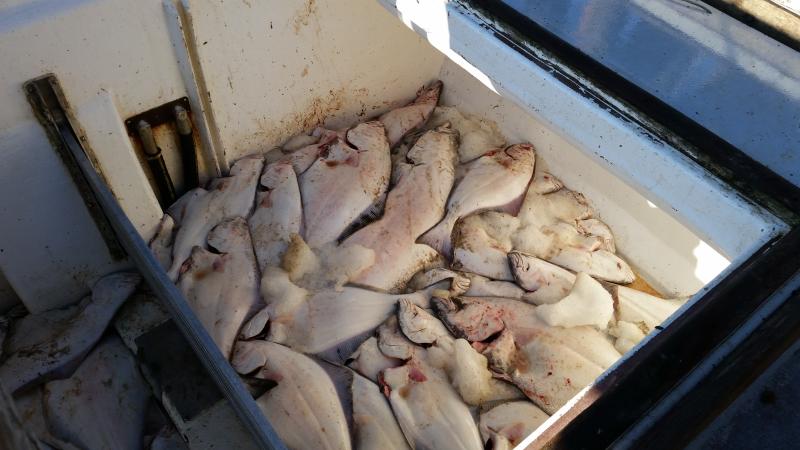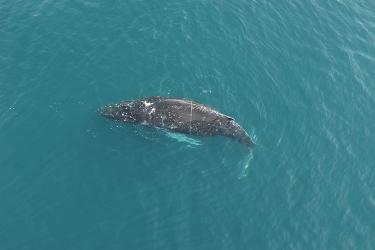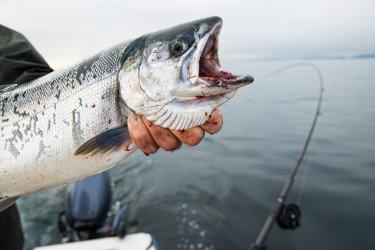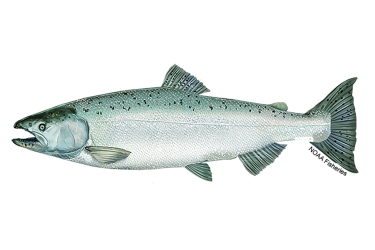On August 5, 2021, James Aaron Stevens of Kodiak, Alaska, was sentenced to 6 months in federal prison and a $1 million fine. He must also make a public service announcement acknowledging his crime and complete 80 hours of community service. Stevens, a commercial fisherman and the owner and operator of the Southern Seas and Alaskan Star, pled guilty in November 2020 to falsely labeling fish.
Between 2014 and 2017, Stevens falsely reported 903,208 pounds of Pacific halibut and sablefish harvested under the individual fishing quota program. He then sold the falsely labeled fish which were, or were intended to be, transported in interstate and foreign commerce—a violation of the Lacey Act. In total, Stevens’ illegal harvest had an approximate market value of $13,566,630.
“While most U.S. fishermen follow the law, there are a few that feel that they are above it,” said Janet Coit, NOAA’s Assistant Administrator for Fisheries. “We will not tolerate someone exploiting U.S. fisheries for their own gain while others follow the rules.”
This successful prosecution was made possible by years of hard work and detailed investigation by NOAA's Office of Law Enforcement. The case centered on extensive investigative work by a special agent who compiled and analyzed Stevens’:
- IFQ landing reports
- Alaska Department of Fish and Game fish tickets
- Official fishing logbooks
- Other information seized from Stevens’ vessels
Then, the agent used locational data from the vessel monitoring system and other sources to map the actual location of Stevens’ vessels. The investigation made clear that Stevens falsified multiple types of official records to make it appear as though the Southern Seas and Alaskan Star fished in locations where they did not.
“Alaska is known for its world-class, sustainable fisheries based on science-based management and honest fishermen following the rules,” said Will Ellis, Assistant Director of NOAA's Office of Law Enforcement, Alaska Division. “This sentencing should serve as a reminder that there are serious consequences for those who break the rules, and that we are committed to holding those who cheat the system accountable.”
Understanding IFQ and Catch Share Programs
The Pacific Halibut and Sablefish Individual Fishing Quota Program is the largest catch share program in the United States and has been in place since 1995. “Catch shares” is a general term associated with several fisheries management strategies that dedicate a set share of fish to individual fishermen, cooperatives, or fishing communities for their exclusive use.
Participation in the IFQ Program is limited to persons that hold Quota Share, which is a transferable permit. Annually, NOAA Fisheries issues eligible quota share holders an IFQ fishing permit that authorizes participation in the fishery. Those IFQ permit holders may harvest their annual allocation at any time during the 8-plus month IFQ halibut and sablefish seasons.
This catch share program is designed to give more security to fishermen, allowing them to pursue their catch when they want. For example, they might choose to fish during better weather, or at times of year when costs are lower or the value of fish is higher.
To report possible illegal fishing activity, please contact NOAA’s Enforcement Hotline at (800) 853-1964.




